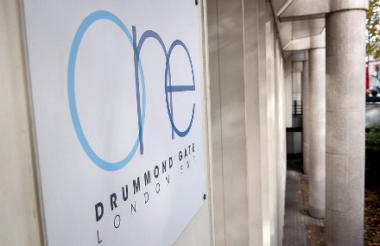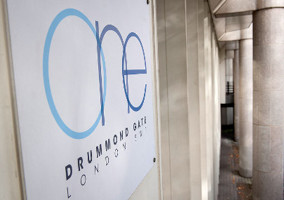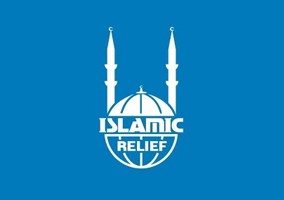A registered charity and an organisation which called itself a charity were inadvertently used as "vehicles for terrorism", the Charity Commission has warned today.
The Charity Commission today published regulatory case reports into Shade, a registered charity, and Helping Humanity, which was not a registered charity but stated that it was a charity.
The regulator has reminded charities that it does not consider aid convoys to be "an effective means of delivering humanitarian aid". And it has warned charities taking part in them that they will be "subject to additional regulatory scrutiny".
On 23 December 2016 Mr Syed Hoque and Mr Mashoud Miah were convicted of entering into a funding arrangement contrary to section 17 of the Terrorism Act 2000. Hoque had a obtained a letter of credential from Shade and Miah had raised money for Helping Humanity.
Shade failed to submit accounts
The report, published today by the Charity Commission, covers its investigation into registered charity Shade, and a former volunteer of the organisation named Syed Hoque, who was convicted of offences under the Terrorism Act on 23 December 2016.
According to the report, Hoque acquired an “open letter of credential” from the charity, from a trustee acquaintance of his, and used this to travel freely around Syria where he “supported an individual involved in terrorism” in the country.
The Charity Commission initially became involved with Shade in October 2015, due to the failure of its trustees to submit accounts and annual returns for the financial year ending 30 June 2014.
The Commission was also aware the charity had been advertising and soliciting donations for projects in Syria, without “properly identifying these as activities of the charity”.
On the charity register, the charity lists its activities as offering “a range of projects and services for young people and the community at large”, including health and sports, social care and support, as well as training and employment. The charity says it operates throughout England and Wales.
In its investigation, the Commission found that Shade displayed a number of "risk factors". The regulator found the charity had shown a “lack of partner/volunteer due diligence”. It also found that charitable funds were "expended in high risk locations" and that it had issued "charity letters of credential to individuals without vetting and monitoring".
The Commission also found that that both the general governance of the charity, and the trustees’ “failure to comply with their statutory duties” put the charity at risk.
The Commission’s findings
Hoque travelled to Syria as part of a convoy in 2013, and wore T-shirts promoting the charity whilst there. Trustees of the organisation told the Charity Commission they hoped Hoque’s visit would “establish further projects of humanitarian work in Syria” and they had “accepted Hoque’s assurances that his travel there was an opportunity to promote the charity in return for a letter of credential”.
The Commission found that the letter was “open ended” and intended for use “as and when Hoque felt it was required”. The trustee who issued the letter also told the Commission that they were “merely acquainted with Hoque, and did not know him very well”.
In its report, the Charity Commission said it “does not know the extent to which” Hoque used the letter during his time in Syria.
During Hoque’s trial, the court heard that he had “utilised humanitarian aid convoys on a number of occasions as a cover for his support” for the individual. In its report, the Commission said it “has been clear that it does not consider aid convoys an effective means of delivering humanitarian aid and has cautioned those charities organising or participating in them” of the risk involved.
Action taken by the Commission
The Commission said it subsequently met with Shade’s trustees to discuss its activities, and issued the charity with an action plan requiring its trustees to carry out “appropriate and proper due diligence on all individuals and organisations that it grants funds to or uses to carry out charitable projects and help deliver its work”.
The Commission’s plan also required the trustees to “create and implement a policy whereby conditions are attached to the use of material and paraphernalia belonging to the Charity by trustees, staff and volunteers in all situations and especially in areas of high risk to avoid a similar situation occurring in the future.”
As a result of the Hoque case, the charity developed a “volunteer policy and volunteer agreement form” and removed all images or reference to Hoque from its website and other social media channels.
Helping Humanity has closed
Police found evidence that Miah was closely involved with Helping Humanity, which was not a registered charity and is separate from a recently registered charity of the same name.
The court also heard that he had used aid convoys as a cover for terrorist activity.
When the Commission became aware of Helping Humanity's fundraising activity it tried to arrange a compliance visit. The directors fo the company told the regulator that they intended to wind it up.
It was removed from the Register of Companies on 19 May 2015.
Related Articles












